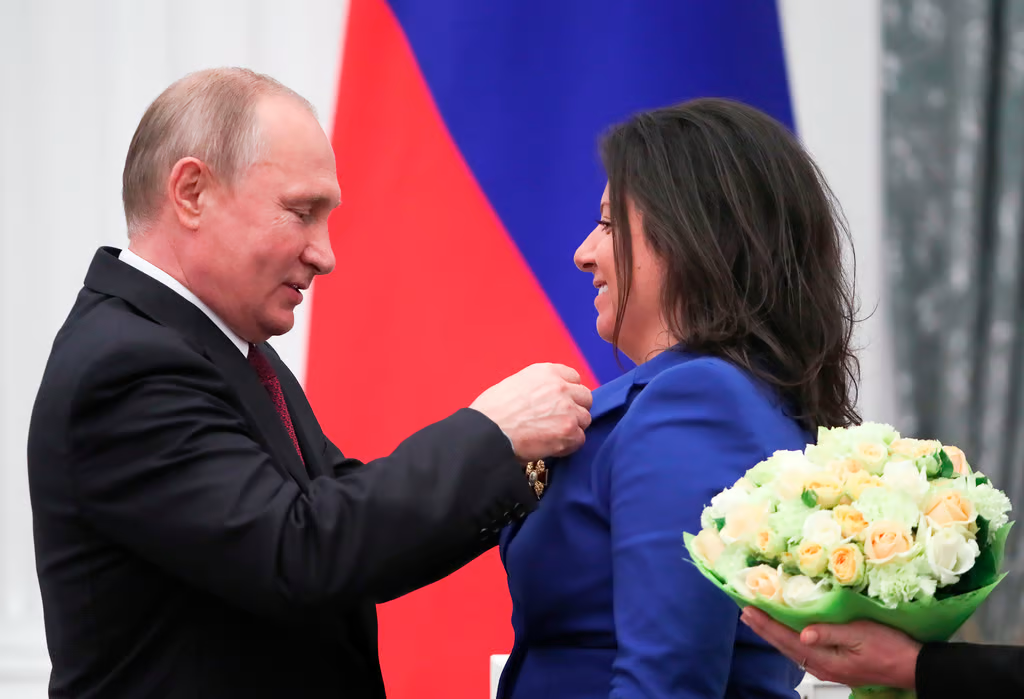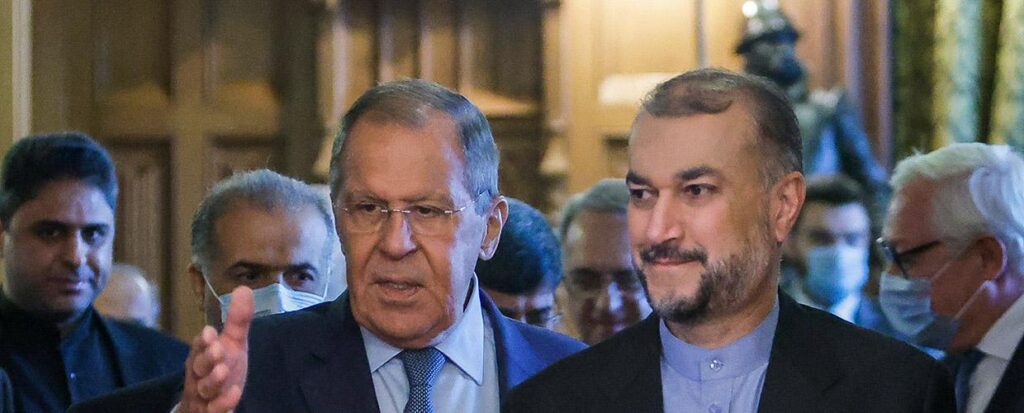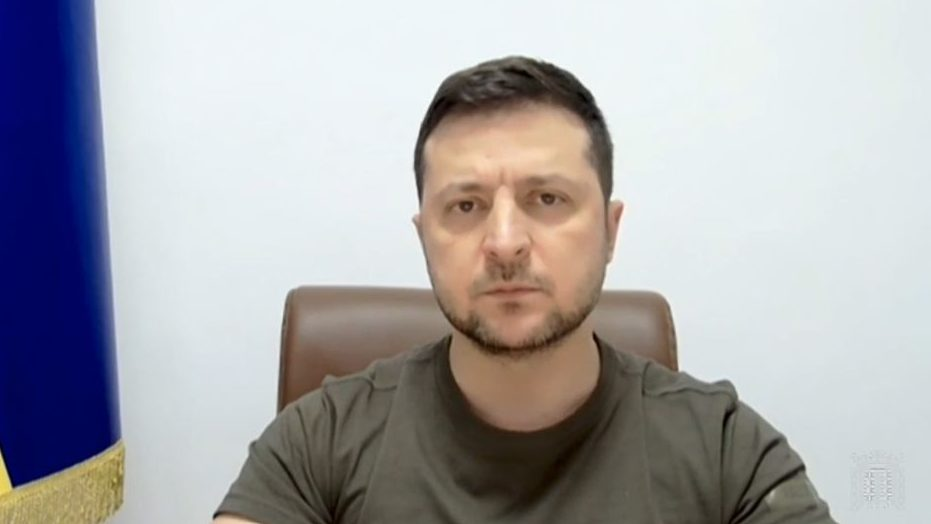Putin’s Stalin Phase

Isolated, Paranoid, and Ever More Like the Soviet Dictator
The harsher and more repressive the regime of Russian President Vladimir Putin becomes, the more successful the reign of Joseph Stalin appears to ordinary Russians. In the five years leading up to 2021, the number of Russians who agreed that “Stalin was a great leader” doubled from 28 to 56 percent, according to polls carried out by the independent Levada Center; over the same period, the number of those who disagreed with that statement fell from 23 to 14 percent. Since 2015, Stalin has been lionized on national holidays, and discussion of his repression has largely been stifled. Such is the interest in the Soviet dictator that it sometimes seems as if he is competing with Putin. More likely, however, he is simply serving as a helping hand from the distant past, reassuring his modern-day acolyte that he is on the right path.








